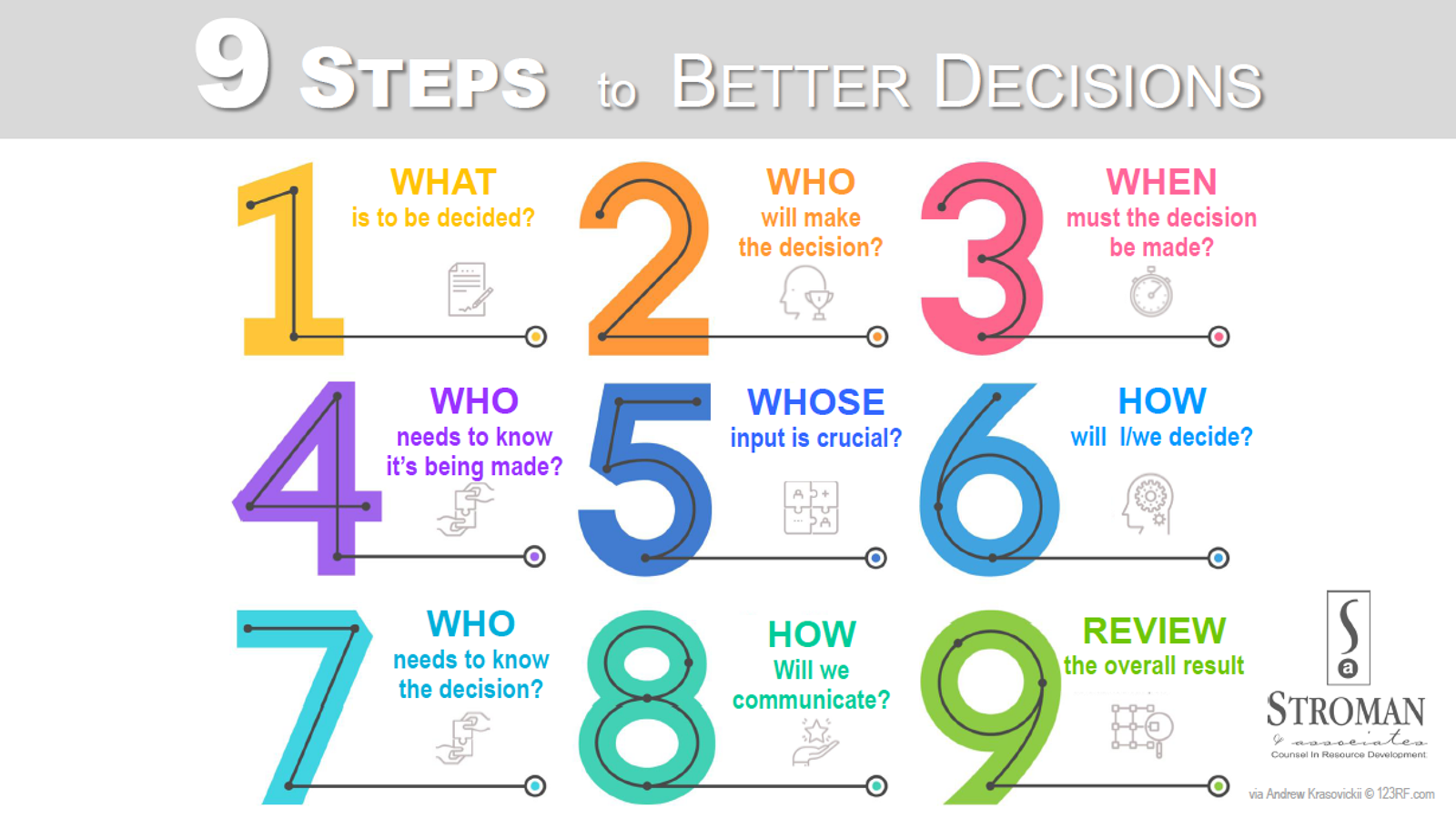A Framework for Making Key Decisions in Your Capital Campaign

This post highlights the wisdom that campaign expert and Capital Campaign Pro advisor, Kent Stroman, offered in a lively conversation about working with campaign volunteers with Capital Campaign Pro Co-Founders, Amy Eisenstein and Andrea Kihlstedt.
This is the fifth of a six-part series of posts drawn from discussions with our campaign experts. A full audio discussion of the topic has been recorded for the podcast, All About Capital Campaigns, which you can listen to on your favorite podcast platform.
Capital campaigns are full of decisions…
- What should you raise money for?
- How much money can you raise?
- What should your working goal be?
- Who should be the campaign chair?
- How should the board be involved?
- Do you need a feasibility study?
And that’s just a small list of the great many decisions that will have to be made for your capital campaign.
This post will not give you answers to those questions (though the rest of our blog has articles on many of those topics). Instead, you’ll learn a powerful framework to help you make each of those key decisions in the way that will most benefit your campaign.
A Solid Framework to Make Decisions for Your Campaign
Kent Stroman, a senior Campaign Advisor and Principal of Stroman Associates, has had decades of experience advising people about their campaigns. And recently, he came up with a remarkable way of thinking about decision-making that he has shared with us.
Decide HOW You Decide
“Before you decide,” says Kent, “you should decide HOW you are going to decide.”
Will you flip a coin? Will you base your decision on data? Will you follow your instincts? Will you ask your board chair and hope she decides? Will your decisions be expedient or thoughtful? Perhaps there’s more to decision-making than you have considered.
Kent’s Decision-Making Framework: A Closer Look
Here is a summary of Kent’s decision-making questions:
How it Works:
Think about a decision you’ve got to make about your campaign. Write it down in the form of a question. For example, when should be schedule the kick-off for the public phase of our campaign?
Then, in order, see if you can answer Kent’s decision-making questions:
- What is to be decided?
- Who will make the decision?
- When must the decision be made?
- Who needs to know it’s being made?
- Whose input is crucial?
- How will you/they make the decision?
- Who needs to know the decision?
- How will the decision be communicated?
- Who will review the results of the decision?
Think carefully and strategically about each of them, considering the broad impact on the success of your campaign.
If you use this framework a few times, you’ll find that it will become the basis for many of your decisions throughout your campaign. And good decisions, thoughtfully made, will set you up for success.
Always Consider WHO and HOW
Some decisions are best made quickly by you. Others require the input of other people on your team. Still others should involve input from campaign volunteers.
So before you actually make any decision, think first about WHO should make the decision and HOW it should be made. Then, once the decisions are made, make sure you think about the consequences of the decisions and who should be informed. Even these small tweaks in your decision-making processes will make a big difference. But if you follow all nine of Kent’s steps for effective decision-making, you will set yourself up for success.
Capital Campaign Pro Model Creates Decision-Making Structures
The Capital Campaign Pro model includes many ad hoc committees or task groups throughout the campaign. One reason for this approach is that it encourages effective decision making that involves many people. And when people are actively involved in making decisions that matter, they tend to be more excited, more willing to help, and more likely to give generously to the campaign.
Learn more about the Capital Campaign Pro approach here.
Listen to Our Podcast for More Tips
In addition to discussing why effective decision-making matters, the podcast episode provides a great many very practical suggestions based on decades of campaign experience:
- You’ll learn what happens when a campaign chair thinks he can do it all himself, and what to do about it.
- You’ll also explore ways to decide when your campaign kick-off should be.
- And you’ll learn to think differently about the power of effective decision-making.
For the full conversation, listen to the full discussion here. And check out the All About Capital Campaigns Podcast on your favorite podcast platform.




I like this! I’d add one other step: List the likely consequences of your decision. Then list the outcomes due to those consequences. (I think it was James Clear in his book, Atomic Habits, where he lays out a framework for evaluating the consequences of different decisions. And then he suggests that one look at the consequences of those consequences.) This is higher-order thinking that sometimes we miss when we just make a decision. While we cannot predict the future, we can be fairly certain of certain outcomes, and then what will happen due to those outcomes. Thanks for sharing!